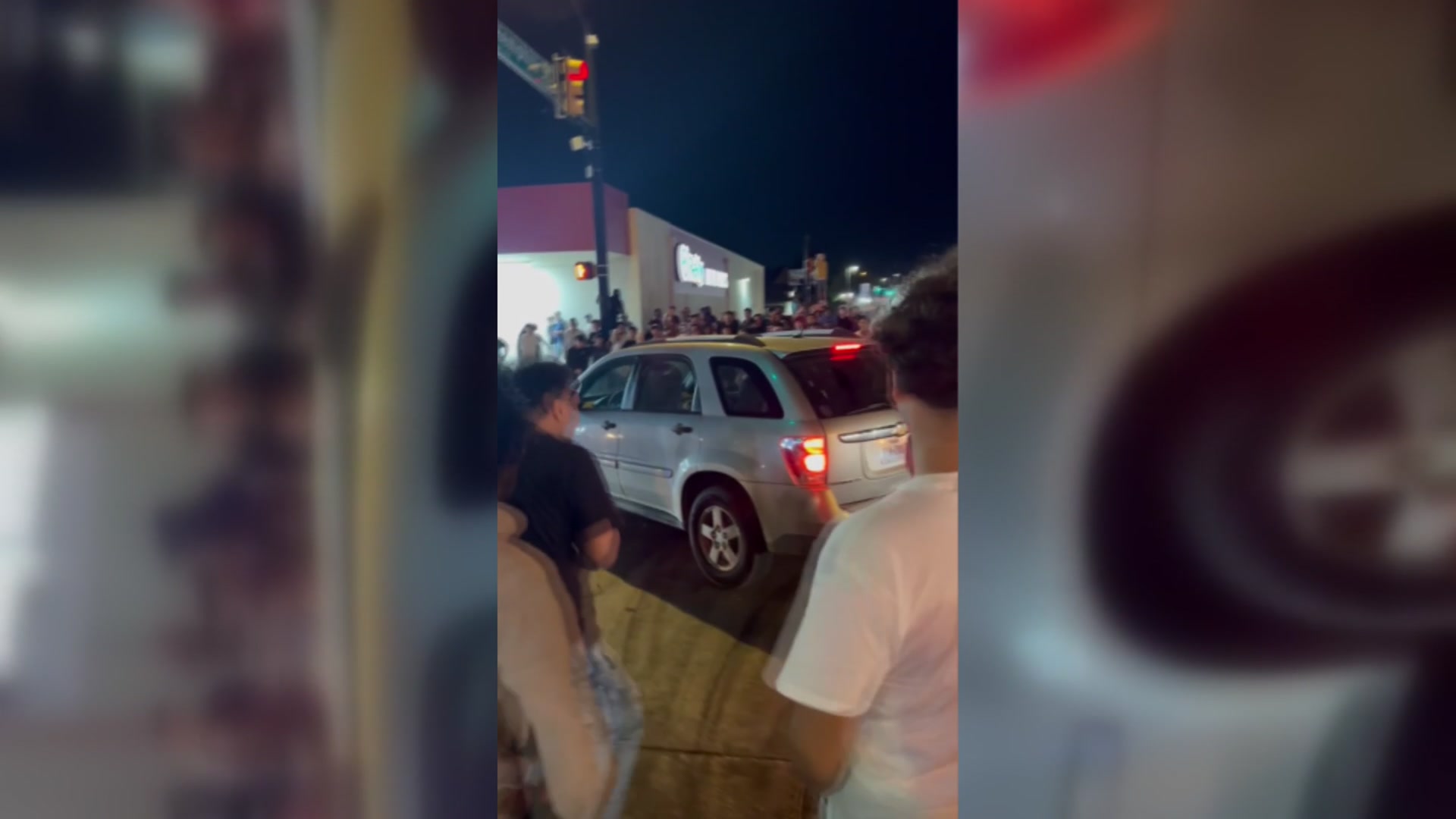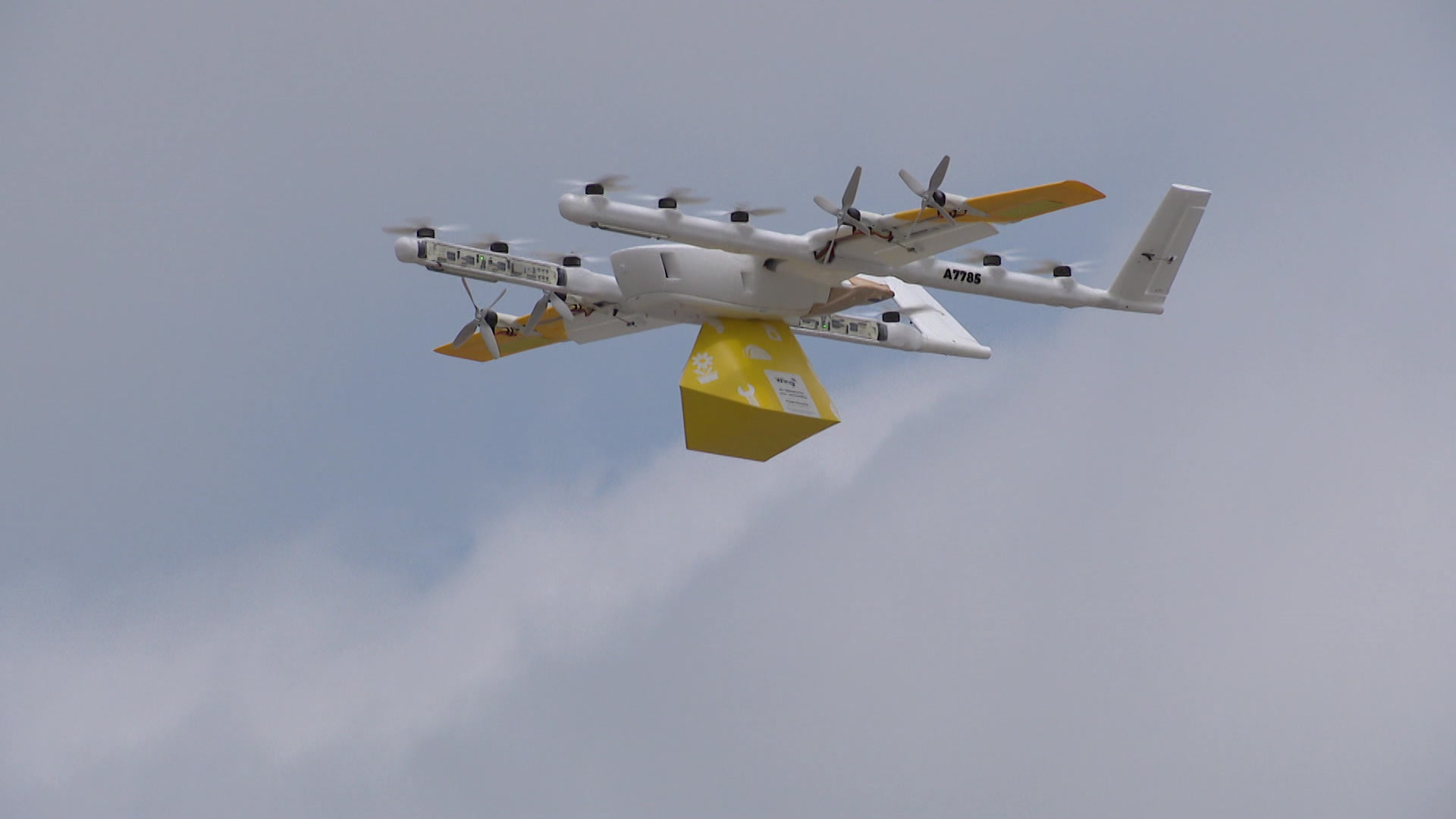Drivers in Texas are paying about $3.30 per gallon for regular unleaded, which is $.22 more than what they paid last week. That increase is the largest seen since Sept., 2005, after Hurricane Katrina, according to AAA Texas.
Driving the prices upward are rapidly rising prices of crude oil. A barrel of crude that went for $87 last month was trading at $102 Thursday.
Prices haven't been gone this high, this quickly, since the week of Aug. 31 - Sept. 5, 2005, when gas prices jumped $.40 in Texas and $.35 nationally on the heels of Hurricane Katrina. Still, in the summer of 2008, prices ultimately were higher when they eclipsed $4 per gallon.
According to AAA, "The continued unrest in Libya and possibility of political instability in other Persian Gulf and North African nations has oil traders worried about future production."
With the spike in the cost of oil, every state in the union is paying more than $3 per gallon. The most expensive, according to AAA, is in Hawaii at $3.82 per gallon. The lowest can be found in Montana and Wyoming at $3.12 per gallon.
Texas currently pays $.13 less per gallon than the national average. Amarillo is the cheapest in the state at $3.26 while those in El Paso are being hit the hardest at $3.36 per gallon. Dallas and Fort Worth haven't fared much better at $3.33 and $3.32 per gallon, respectively.
AAA offers fuel conservation tips
Local
The latest news from around North Texas.
The following tips on fuel conservation were recommended by AAA.
Drive the speed limit. Studies show that by following this simple step you're saving a significant amount of gasoline. The U.S. Department of Energy says that for every five miles you drive over 60 miles per hour is equal to paying an additional $0.24 per gallon for gas.
Clean out the trunk. An extra 100 pounds in your vehicle could reduce your miles per gallon by up to 2 percent.
If you have a GPS, use it. Plan the quickest and shortest distance to your destination. Avoiding hills and stops will increase your gas mileage.
Maintain your tire pressure at the manufacturer's recommended level and keep your car well maintained.
Anticipate the stop lights and stop signs. Get to know your usual routes and look ahead, anticipating where you'll have to stop. You can let up on the gas earlier. Coasting to a stop will save the gasoline you would otherwise use maintaining your speed longer.
"Depending on the city they're driving in, motorists are now paying at least $10 more per fill up than they were a year ago. As was the cases in 2008, this pocket book issue will likely mean drivers will make changes in the number of trips they take, consolidating them and being more careful about how they drive," said AAA Texas/New Mexico Corporate Communications Manager Dan Ronan in Irving.



